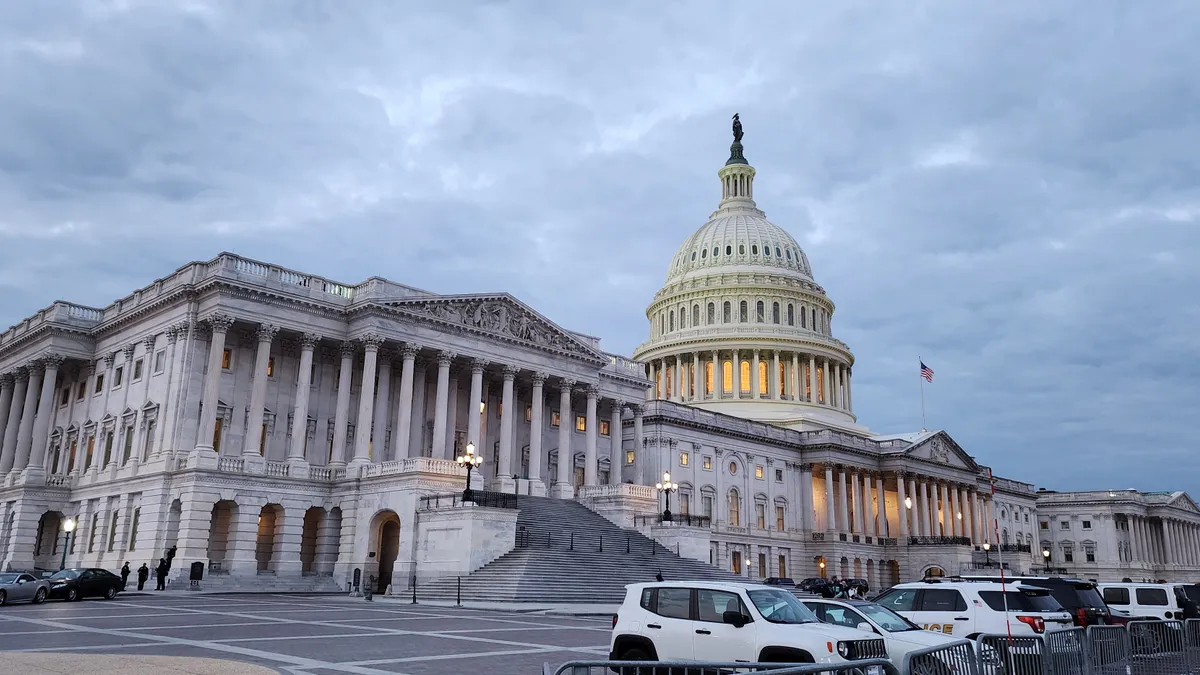In an increasingly political business environment, company leaders are struggling to find their footing, according to Feb. 7 survey results from The Conference Board ESG Center.
Nearly 80% of U.S. corporations surveyed said today’s political environment is extremely or very challenging for companies, and nearly half expect a more challenging landscape in the next three years.
The biggest concerns for executives include: political polarization, anti-corporate rhetoric and the use of government power to “reward or punish companies for political purposes,” Conference Board said.
But business leaders are split on how corporations should approach politics. While 30% surveyed said businesses should take a leading role in managing the political environment, another 30% said they should play a minimal role — and 7% say businesses should stay out of it entirely.
Politics are increasingly a talent concern, too, other surveys have shown. While employees have said they didn’t want to talk about politics at work — and that their employers did not have political talk guidelines set — talent leaders may not be able to nix such talk entirely without threatening retention and culture, experts have said. Employers that have tried to go apolitical in the past have faced backlash. And in the wake of contentious decisions and lawmaking, including the end of abortion protections ensured by Roe v. Wade, employees continue to expect their employers to take a stand on certain issues.
“[M]any companies are understandably hesitant to speak out about certain issues because they can be attacked for going too far or not far enough,” Paul Washington, executive director of The Conference Board ESG Center, said in a statement. “In this environment, look for companies to focus on areas where there can be little objection: promoting voter registration and participation in elections, as well as supporting policymakers who focus on problem-solving."
The survey polled government relations executives and chief legal officers in the U.S.














